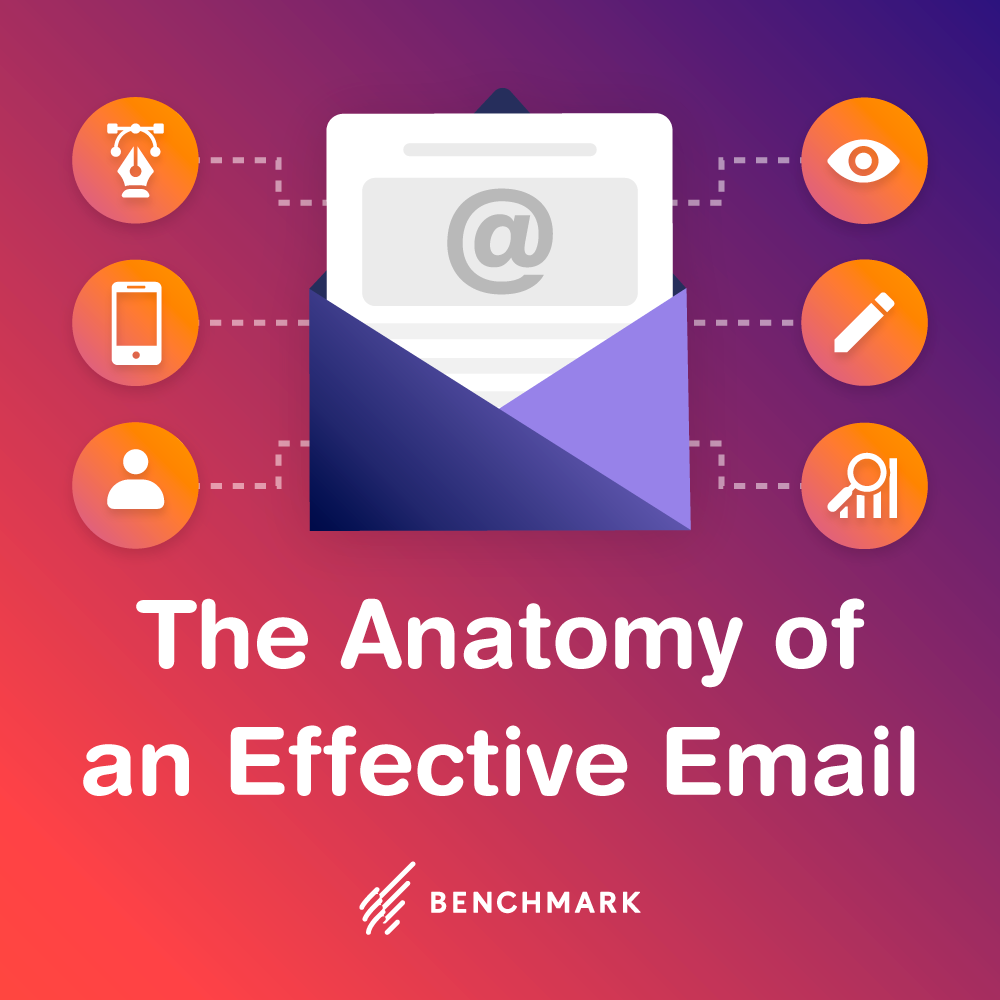

Drive on the Sidewalk
The solution that calls for any individual who objects to this policy to simply stop using Google services is as nonsensical as suggesting that motorists who don’t want to pay road taxes should proceed to drive on the sidewalk. Even though Google is essentially nothing more than just another private sector company, the reality is that they have effectively penetrated into every single aspect of online activity to dominate internet life.
Fowl Conclusions
What if in a private GMail you share a tongue in cheek joke about turkeys in lingerie? Previously all that would happen is that you might get an ad served with your email about Thanksgiving, vacations to Istanbul or Victoria’s Secret. The data was not kept and correlated, it was used for an instant ad and then evaporated. With Google’s new unified data collection approach, everything becomes a part of your permanent personal record. Now that GMail content gets correlated with the YouTube video you watched about how to cook turduckens, and the post you made about sexy chicks on Google+. The conclusion that can be drawn about you by the data collected (and duly sold to advertisers) is that you have a debauched interest in fowl?
Watch for the SWAT Team
The embarrassment of some advertiser guffawing at your data profile may not be the only drawback, as this “permanent” data can also be accessed by law enforcement. If while you’re logged into Google you look into nitroglycerin (for your heart condition), ammonium nitrate (for your tomato plants), a metal pipe (for your leaking sink) and a timing mechanism (to activate your Christmas lights), can you expect a SWAT team to burst in your front door?
Negative Consequences
Masquerading as the gollygeewhillikers glee of nerds who have achieved the latest plane of ascendancy into geek data-Nirvana, Google’s imposition of this intrusive stalker level of recording everything you do online and turning it over for a profit to any marketer (and any law enforcement officer) actually represents a massive violation of any form of real or imagined internet privacy. Senator Richard Blumenthal (D-CT) has already warned about “negative consequences for users” due to the capture and sale of “personal, embarrassing, or otherwise damaging information.” Representative Edward Markey (D-MA) has also come out against Google’s prohibition on partial opt-outs, stating that “it is imperative that users will be able to decide whether they want their information shared across the spectrum of Google’s offerings.”
Marc Rotenberg, executive director of the Electronic Privacy Information Center, has stated that opting users into services actually violates a previous consent order with the Federal Trade Commission. “Google is not allowed, under the settlement, to opt users in. If Google goes forward, they may be hit with serious monetary penalties.” It seems difficult to believe that with the Googleplex’s countless billions and phalanxes of attorneys, they would be so nonchalant as to engage in a policy they’ve already been spanked by the Feds about. For a company allegedly dedicated to the concept of not doing evil, this latest progression (or regression) is certainly troubling.




